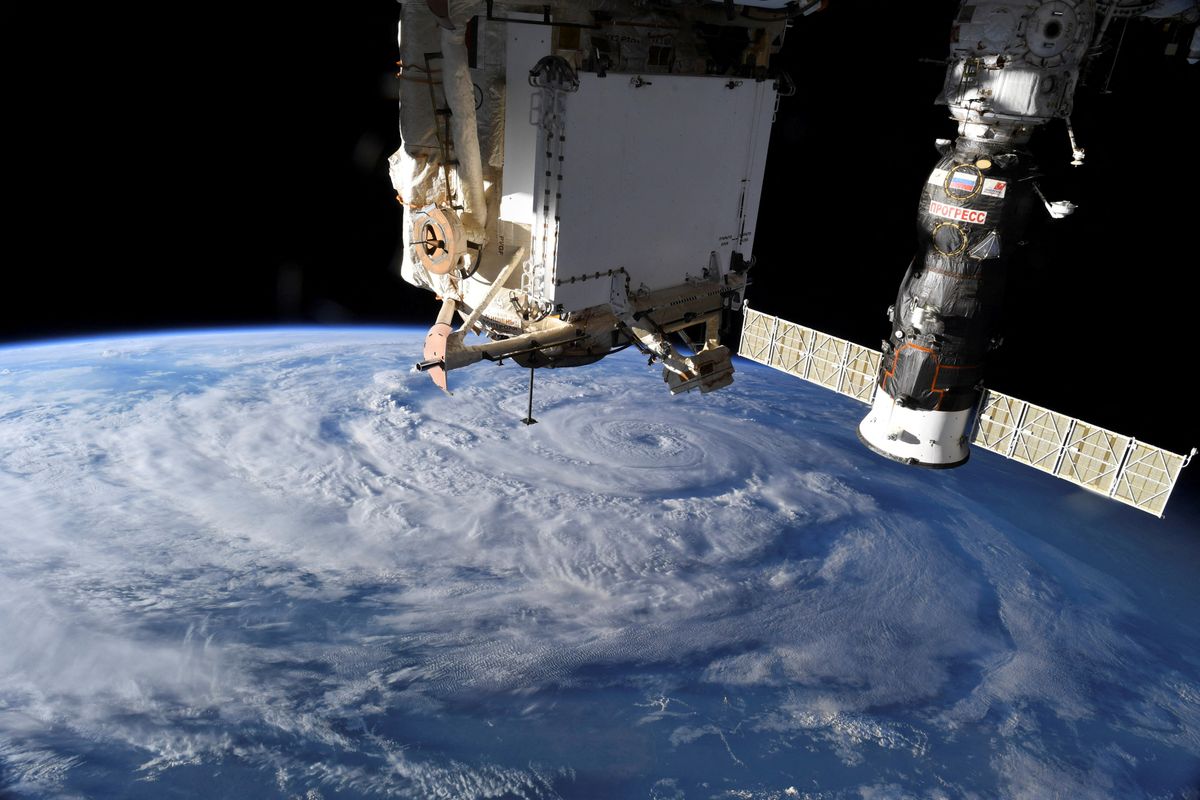The way humans pump water from the Earth has changed its tilt
Between 1993 and 2010, humans pumped 2,150 gigatons of water from natural reservoirs in the Earth's crust.

A few minutes every morning is all you need.
Stay up to date on the world's Headlines and Human Stories. It's fun, it's factual, it's fluff-free.
Between 1993 and 2010, humans pumped 2,150 gigatons of water from natural reservoirs in the Earth's crust. For reference, if we dumped that much water into the world's oceans, sea levels would rise by about six millimeters (0.24 inches). As it turns out, our water-pumping habits have caused a shift in the Earth's tilt over the course of 30 years.
According to a new report from researchers at Seoul National University, "Earth's pole has drifted toward 64.16°E at a speed of 4.36 cm/yr during 1993–2010 due to groundwater depletion and resulting sea level rise." So, we've moved the planet's tilt by about 80 centimeters (31.5 inches) in just 30 years.
The Earth's natural tilt is caused by a combination of the gravitational pull of the sun and moon, the growing and shrinking of the world's ice sheets and the movement of the continents. These events change the distribution of the Earth's mass, causing its axis to shift. This happens over long, long lengths of geological time. But it looks like we can get the same thing done wayyyy quicker.
While scientists had known about the axis shift for a while, they used to mostly attribute the change to lots of water being moved by glacial melt, climate change and other activity that lead to rises in sea level. Now, scientists are focusing on groundwater removal and how that affects the world's center of gravity.
"Earth's rotational pole actually changes a lot," explains Ki-Weon Seo, a geophysicist at Seoul National University who led the study. "Our study shows that among climate-related causes, the redistribution of groundwater actually has the largest impact on the drift of the rotational pole."
So what does this shift mean for the future?
The shift probably won't affect the way we experience seasons. Not in the immediate future, at least. Because it already shifts by meters due to natural causes anyway, this groundwater pumping contribution to that shift probably won't cause chaos. But, eventually, this pattern could end up affecting the climate.




Comments ()